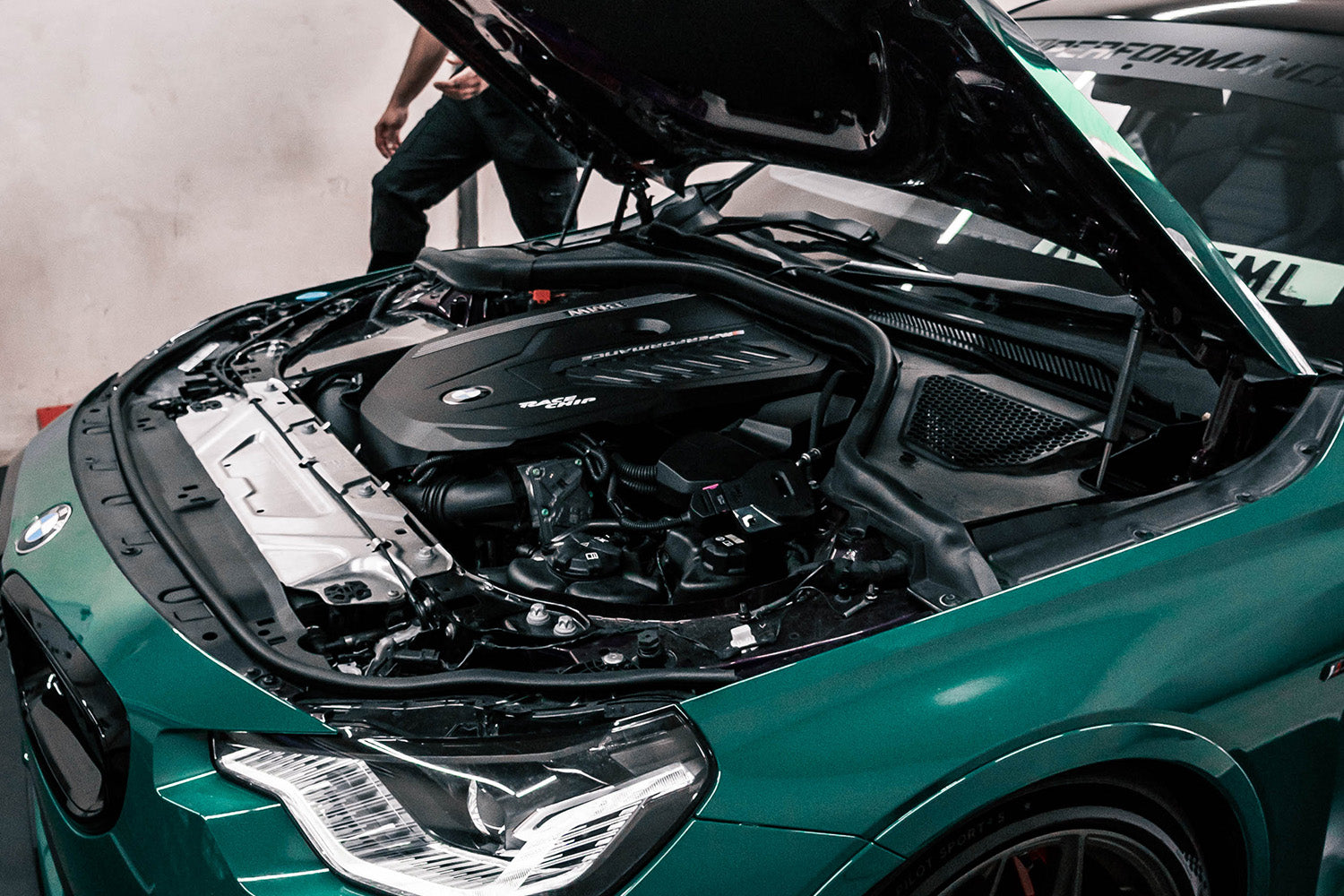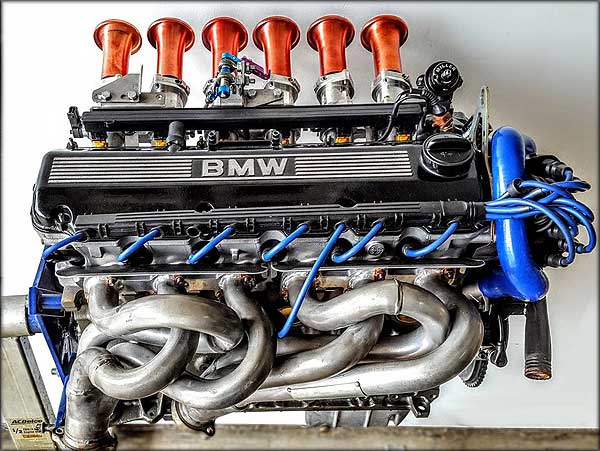A New user's Overview to Selecting the Right BMW Engine for Your Requirements
Unveiling the Intricacies of Next-Generation Power Units: a Deep Dive Into Advanced Engine Developments and designs
As we stand on the precipice of a brand-new age in transportation, the details of next-generation engine designs bid us to explore the sophisticated innovations and innovations that guarantee to redefine the driving experience. Delving deeper right into the realms of exhaust control, intelligent engine administration systems, and the perspective of power system growth, we find ourselves on the cusp of an improvement that guarantees to reshape the landscape of wheelchair as we recognize it.
Development of Engine Products

The change towards progressed engine products has additionally allowed designers to design engines with higher power results while keeping fuel effectiveness requirements. For instance, making use of lightweight materials decreases the general weight of the engine, causing enhanced gas economic situation and reduced exhausts. In addition, advancements in materials technology have actually permitted better thermal monitoring within engines, causing raised integrity and long life.
Turbocharging and Supercharging Technologies
Exactly How do Turbocharging and Supercharging Technologies transform engine performance and efficiency in modern-day automobiles? Turbocharging and turbo charging are modern technologies that significantly boost engine efficiency by enhancing the quantity of air intake into the burning chamber. Turbocharging achieves this by making use of a wind turbine driven by exhaust gases to pressurize the intake air, while turbo charging utilizes a belt- or chain-driven compressor to attain the exact same effect.
These modern technologies allow smaller sized, a lot more fuel-efficient engines to produce power equal to larger ones, referred to as downsizing. By requiring even more air right into the cylinders, turbocharging and turbo charging enhance combustion performance, resulting in raised horsepower and torque outcome without a significant rise in engine size. This causes better acceleration, lugging capacity, and general driving efficiency.
Furthermore, supercharging and turbocharging contribute to boosted fuel effectiveness by permitting the use of smaller engines that eat much less fuel under typical driving problems - bmw engine. This mix of enhanced performance and effectiveness has actually made turbocharging and supercharging essential parts of numerous modern-day engine designs
Emission Control and Environmental Effect
With raising international problems concerning air high quality and ecological sustainability, the execution of emission control technologies in automobiles plays a crucial role in decreasing dangerous toxins launched right into the ambience. Modern vehicles are equipped with sophisticated emission control systems that assist reduce the environmental effect of vehicle procedures. Catalytic converters, for example, are created to transform hazardous gases such as carbon monoxide gas, nitrogen oxides, and hydrocarbons right into much less damaging compounds like co2 and water vapor.
Moreover, improvements in engine innovation, such as the combination of exhaust gas recirculation systems and careful catalytic reduction, have significantly contributed to decreasing exhausts. These modern technologies function in tandem to useful site enhance combustion efficiency and decrease the launch of dangerous contaminants into the air. In addition, the growth of crossbreed and electric vehicles stands for a vital step towards lowering the general ecological footprint of the transportation sector.
Intelligent Engine Monitoring Solution

In addition, these systems allow vehicles to fulfill strict exhausts requirements without compromising efficiency, providing a much more environmentally pleasant driving experience. The integration of fabricated intelligence and artificial intelligence capacities in engine administration systems remains to push the borders of what is possible, causing more enhancements in performance, reliability, and general car efficiency. bmw engine. As automotive innovation breakthroughs, intelligent engine administration systems will certainly play an essential duty in shaping the future of transportation in the direction of an extra sustainable and effective direction
Future Trends in Power System Advancement
As smart engine administration systems lead the method for improved control and optimization in contemporary cars, future patterns in power unit development are poised to redefine the landscape of automobile propulsion modern technologies. These different power resources use enhanced effectiveness and performance while aligning with rigorous ecological guidelines.
One more significant trend is the assimilation of innovative products and producing techniques. Light-weight products such as carbon fiber and aluminum are being made use of to lower general car weight, enhancing gas effectiveness and performance. In addition, innovations in 3D printing and additive production visit this page are enabling the manufacturing of complicated engine components with greater precision and resilience.
Furthermore, fabricated intelligence and artificial intelligence are playing a vital function in maximizing power system performance. These innovations enable real-time surveillance and adaptive control, bring about much more efficient and trustworthy power shipment. Overall, future patterns in power device advancement are tailored towards performance, performance, and sustainability, driving the auto market in the direction of a new age of propulsion modern technologies.

Verdict
To conclude, the developments go right here in engine products, turbocharging, emission control, and smart management systems have actually led the way for next-generation power units. These technologies have not only enhanced performance and effectiveness yet likewise lowered environmental effect. As technology continues to advance, future patterns in power device development are likely to concentrate on further improving sustainability and maximizing power output. The intricate styles and technologies in contemporary engines display the recurring evolution of vehicle modern technology.
Exploring the modern improvements in engine products has actually been crucial in enhancing the performance and efficiency of contemporary engines. Over the years, the development of engine materials has played a critical duty in pushing the boundaries of what engines can achieve.The shift towards advanced engine products has actually additionally enabled designers to make engines with greater power results while keeping gas performance criteria.The execution of smart engine administration systems in contemporary cars has transformed the way engines are controlled and optimized for efficiency and performance. By gathering data in real-time and evaluating it with sophisticated algorithms, intelligent engine monitoring systems can adjust to driving designs, ecological variables, and engine wellness to make the most of power output while minimizing gas intake and discharges.